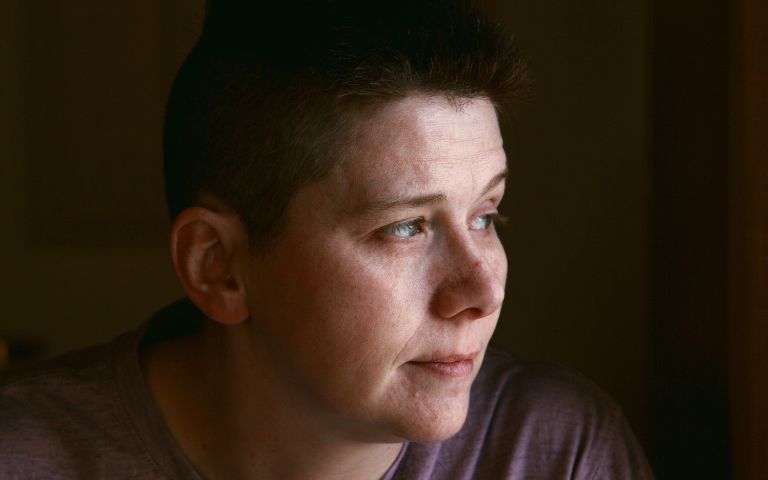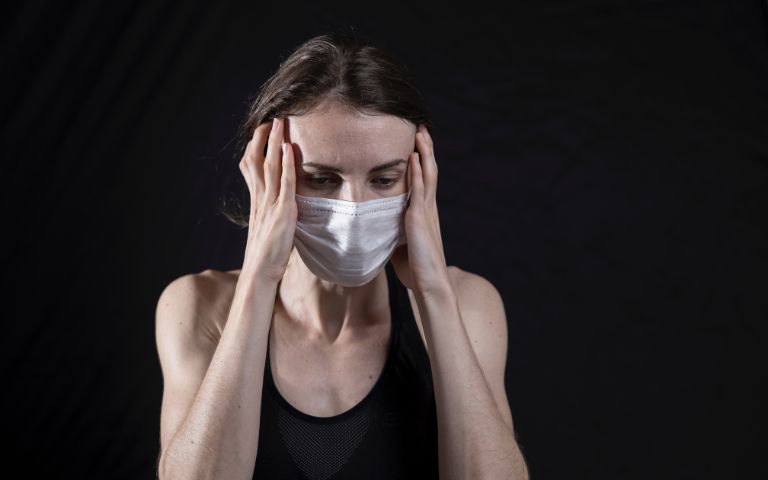There is more to anxiety than just the feeling of stress or worry. It is perfectly normal to feel anxious during stressful situations. When we feel pressured, feelings of stress and anxiety are common responses that usually disappear when the stressful situation passes. However, if your feelings of stress occur regularly or don’t go away, this might mean that you are experiencing an anxiety condition. Nowadays, cannabis has been the best remedy to alleviate stress and anxiety.
In Australia, anxiety is the most common mental health condition, with around one in four Australians (one in three women and one in five men) experiencing it during their lifetime. Every year, over two million Australians experience anxiety.
The sooner people get support, the more likely they are to recover and there are many ways to help manage it.

Signs and symptoms
The symptoms are complex and evolve over time, and since we all experience anxious feelings during periods of stress, it can be hard to know if our feelings are normal or not.
Normal feelings that people experience are limited in time and tend to be connected to a stressful situation or event, such as a group presentation or a job interview. In contrast, anxious feelings experienced are more regular, not always connected to stressful situations, and can impact on day-to-day quality of life. While each person can experience different types, there are some common symptoms including:
- Panic attacks
- Hot and cold flushes
- Accelerated heart rate
- Quick breathing
- Excessive fear/worry
- Avoidance of certain situations
There are more symptoms that you may experience, and you will need to see a doctor to properly be diagnosed with anxiety condition. However, these can be used as a guide for yourself and others.
Treatments for anxiety
Effective treatment for anxiety involves helping you learn how to control your anxiety so it doesn’t control you. What treatment is recommended for you will depend on what type of anxiety you experience, as well as other factors such as age. Anxiety is not exclusive to adults or teens, as it is seen and treated in pediatric therapy as well.
If your symptoms are mild, your doctor might suggest changes to you daily routine, such as regular physical exercise. In this time of isolation, you might also like to try online or telehealth therapies, many of which are free, anonymous and easily accessible for anyone with internet access.
If you experience moderate to severe symptoms of anxiety, psychology and/or medical treatments are likely to be required. Psychiatric services may include cognitive behavior therapy, which will be designed by a mental health care professional for your needs. You may also be prescribed a form of antidepressant medication or antianxiety medication (also known as Benzodiazephines).

Management strategies
If you experience an anxiety condition, there are a range of strategies you can try to help manage your mental health. Here is a short list of a few strategies that may help:
- Slow breathing. When you’re experiencing anxiety, your breathing becomes faster and you may hyperventilate. Try deliberately slowing your breathing.
- Stay in the moment. Anxiety can make your thoughts live in a fearsome future that hasn’t happened yet. Try to bring yourself to where you are presently.
- Maintain a healthy lifestyle. By keeping active, eating well, spending time with family and friends you will reduce your stress and anxiety levels, improving your overall wellbeing.
- Take small acts of bravery. Avoiding what makes you anxious can bring some relief but can make you more anxious in the long run. If you try approaching something that makes you anxious, even in a small way, you can go a long way to overcoming your anxiety.
- Be kind to yourself. Remember that you are not defined by your anxiety, and that your anxiety does not make you weak or inferior in anyway.
If you require support, don’t hesitate to call for help
Southgate Medical Centre – 03 9690 1433
Lifeline Australia – 13 14 11
Beyond Blue – 1800 512 348

